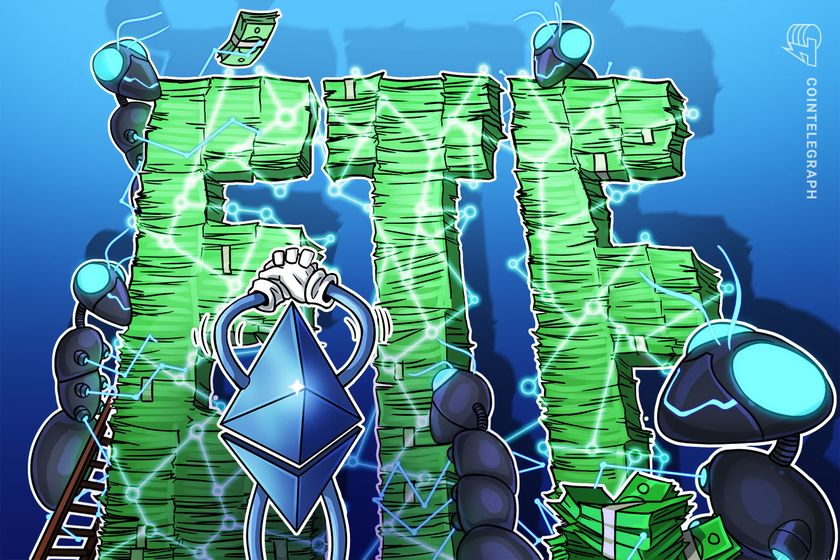Ripple appoints former Uber exec to lead Southeast Asian expansion

Ripple’s expansion plans haven’t been halted by an ongoing XRP securities lawsuit, as it appoints a new managing director for the Southeast Asia region.
Ripple has appointed a former Uber executive to lead its expansion into the Southeast Asia region, the firm announced on March 18.
Brooks Entwistle joins Ripple after serving as Uber’s chief business officer, leading the firm’s growth and navigating regulatory issues throughout the Asia Pacific. The new managing director of Ripple’s Southeast Asia wing had previously spent two decades at Goldman Sachs, operating as partner and chairman in the same geographic region.
Ripple’s determination to push ahead with its Asian expansion of RippleNet despite an ongoing lawsuit with the U.S Securities and Exchange Commission is unsurprising. Ripple Labs CEO Brad Garlinghouse claimed in early March that Ripple’s expansion into the region was ongoing and that its progress would not be affected by the XRP securities case.
RippleNet is Ripple’s proprietary network of financial institutions and payment processors. Its use is not dependant on the XRP coin, and the fortunes of either have little reason to affect the other, positively or negatively.
General manager of RippleNet, Asheesh Birla, said Entwistle’s appointment was indicative of the need for region-specific knowledge as Ripple negotiates with banks from various countries in Southeast Asia.
“Southeast Asia’s payments ecosystem is extremely dynamic with fairly complex, country-specific schemes which require a lot of in-depth knowledge […] We’re excited to welcome Brooks to lead the charge as Ripple doubles down on efforts to further our phenomenal growth in the region,” said Birla.
Ripple says transactions on RippleNet saw a 10x year-on-year increase in 2020. In March, one of RippleNet’s high-profile users, MoneyGram, left the payments network. At the time, Brad Garlinghouse accused U.S. lawmakers of stifling innovation by failing to lay down clear guidelines, suggesting the SEC lawsuit may have been a motivating factor in the split.









